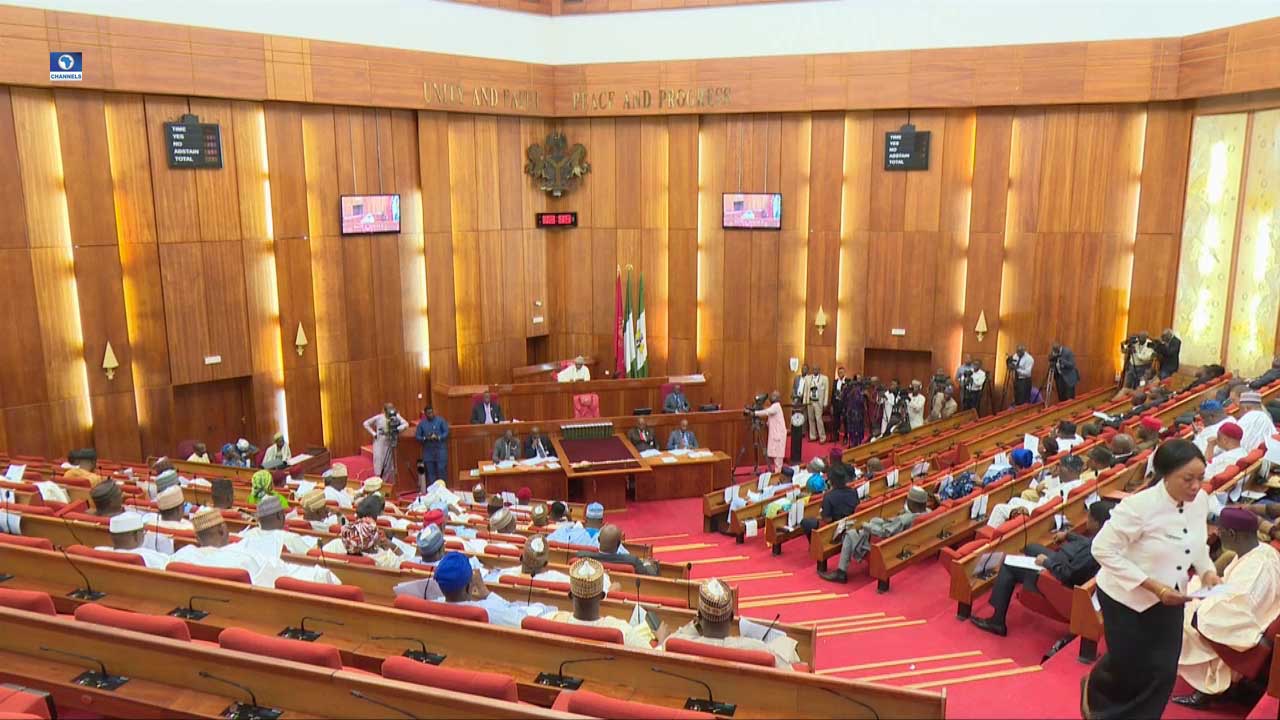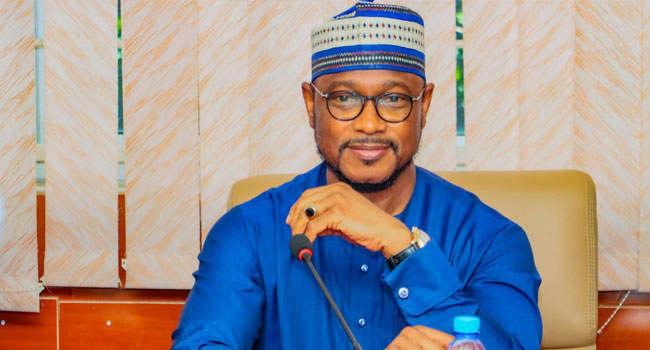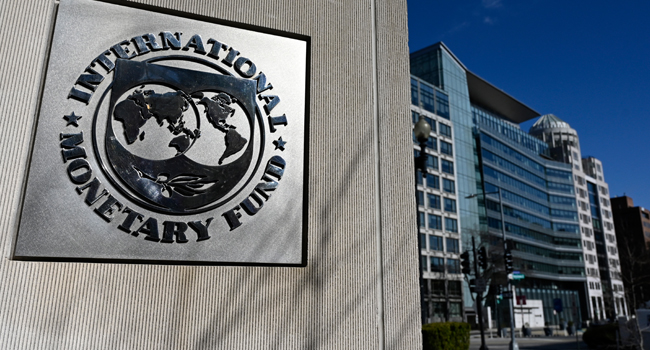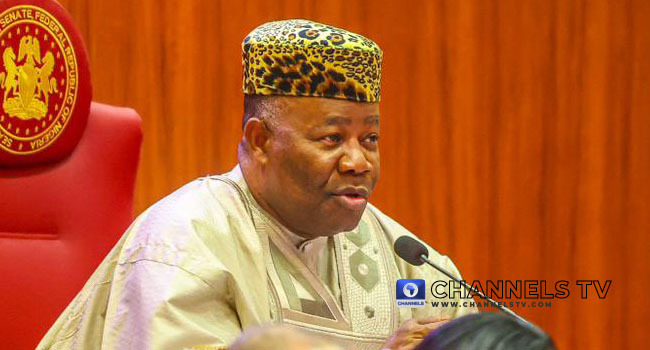
The Senate is set decided to probe the Paris Club refund released so far the Federal Government to state governments and why states which benefitted from the Paris Club refund have continued to owe workers.
Its decision on Thursday followed a point of order raised by Senator Samuel Anywanwu (a member of the Peoples Democratic Party from Imo State) during plenary.
Senator Anyanwu who questioned the legality of the approval given by President Muhammadu Buhari for the release of the refund to the states, however, got the leave of the Senate to bring his proper motion on the matter on another legislative day.
Meanwhile, the Senate Committee on Local and Foreign Loans has cautioned the Federal Government against reckless borrowing.
The Chairman of the committee, Senator Shehu Sani, at a meeting with officials of the Ministry of Finance to discuss President Buhari’s request for external borrowing of $5.5bn sought to know why revenues from local sources cannot be used to fund the 2017 budget.
“It has become clear that if Nigeria must borrow, it must borrow responsibly. We cannot afford to mortgage the future of the unborn generation. If we must bequeath to the future generation a pile of debt it must be justified with commensurate proof of the value of the debt,” Senator Sani said.
“This debt will undoubtedly last the length of our lifetime and possibly beyond. We must leave behind a legacy that will appease and answer the questions the next generation of Nigerians will ask.”
But the Director-General of the Debt Management Office, Rachel Oniha, justified the borrowing plan explaining that it is cheaper to borrow from external sources compared to the domestic market.
“It is not the first time that Nigeria is borrowing long-term. What we should take away is that they are going into projects whose long-term benefits are long-term; the roads don’t go away, the schools don’t go away, the hospitals don’t go away,” she said.
“All that we may need to do is maintain them after this.”




